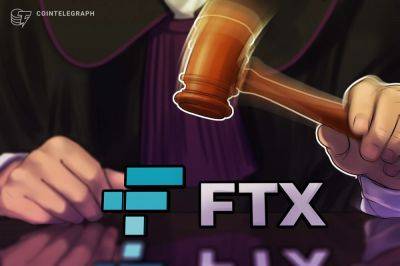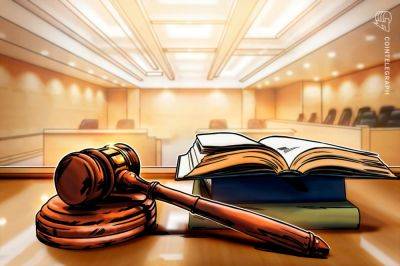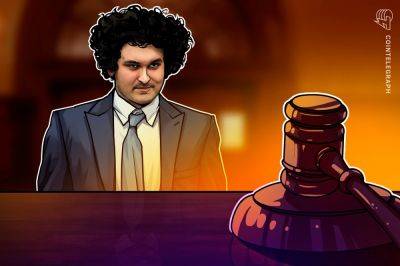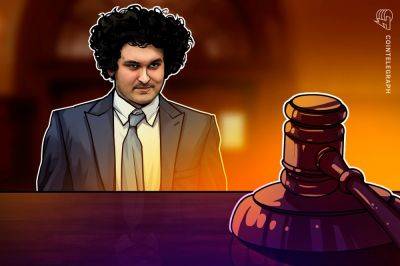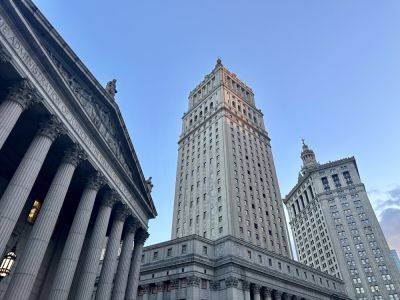Prosecutors argue ‘effective altruism’ inadequate in Bankman-Fried case
In the fraud trial of Sam Bankman-Fried, prosecutors have requested the judge inform the jury that the defendant’s assertion that he is an effective altruist should not serve as a legitimate defense. Bankman-Fried faces allegations of misappropriating billions of dollars from FTX customers for personal purposes, such as political contributions, real estate and investments.
In a letter presented on Thursday, the prosecution noted that Bankman-Fried’s legal counsel sought to contend that he should not be charged with fraud because he had intentions to reimburse customers through methods like FTX’s growth and profitable investments. They asserted that this argument lacks relevance and does not absolve the fraud allegations.
Bankman-Fried’s defense has endeavored to portray him as a philanthropist with a sincere commitment to creating a positive global influence. They contend that his endorsement of effective altruism, a philosophical movement promoting the most influential methods to assist others, such as charitable contributions or pursuing impactful careers, reflects his underlying motivations.
The prosecutors argue that effective altruism cannot serve as a defense against fraud. They characterize it as an “unconventional philosophy regarding the ethics of deception and theft.” In their view, this ideology has no bearing on mens rea, the mental state necessary to commission fraud.
Cointelegraph has been covering the trial on the ground in New York, which is now nearing the end of its third week. During the trial, the prosecution has presented multiple witnesses, including Caroline Ellison, former CEO of Alameda Research; Nishad Singh, former engineering chief of FTX and Alameda; and Gary Wang, a co-founder of the now-defunct
Read more on cointelegraph.com










